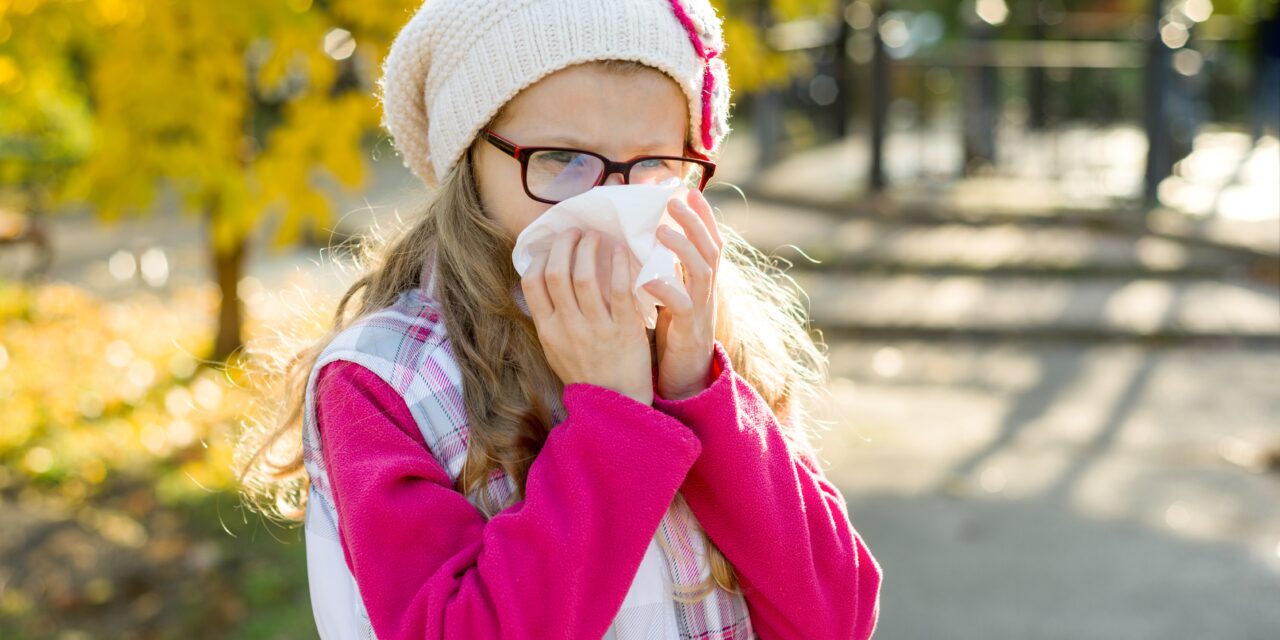What ACTUALLY happens when you are sick
STARLOG.COM Immune System & Virus
"What ACTUALLY Happens When You Are Sick"
Our immune system is like an intricate security force, tirelessly patrolling our body to keep us safe from invaders. When germs—such as bacteria, viruses, or fungi—try to set up camp, our immune system springs into action. Here’s how it works:
Innate Immune System: The First Responders
- Think of the innate immune system as the first responders. It’s the general defense mechanism that kicks in as soon as harmful germs enter our body.
- Macrophages are the frontline warriors. They engulf and digest invaders, acting like Pac-Man gobbling up dots. Keep in mind that they are GINORMOUS and can swallow up to hundreads of enemy cells before they fall into sleep. They also summon the T cells.
- Natural killer (NK) cells are like snipers—they target and eliminate infected cells, oh and they are suicidal.
- Fever is another weapon. When our body detects an invader, it raises the temperature to create an inhospitable environment for the germs. Now you know that it is actually your body causing the feaver and not the virus.
Adaptive Immune System: The Special Ops AKA The Actual cool stuff
- The adaptive immune system is more precise. It identifies specific germs and mounts a tailored defense.
- Helper T cells play a crucial role. They orchestrate the immune response, communicating with other immune cells. They can even awaken the sleeping Macrophages. Like prince charming kissing sleeping beauty.
- Killer T cells are assassins—they directly attack infected cells. One word: Merciless.
- Helper B cells produce antibodies. These Y-shaped proteins lock onto germs, marking them for destruction.
- Memory cells are like spies—they remember past invaders. If the same germ returns, they launch a rapid counterattack. So that´s why if you got smallpox once. It is hard to get it a second time.
Your Brain and Immunity
- Surprisingly, our brain influences immunity. Stress, lack of sleep, and emotions impact immune function. So stay come buddy.
- Neurotransmitters (chemical messengers in the brain) communicate with immune cells.
- Chronic stress weakens immunity, while positive emotions boost it.
The Battle For YOUR LIFE:
Infection Alert!
- Imagine you catch a cold. The virus infiltrates your respiratory tract. DUH DUH DUUUN
- Macrophages detect the intruders and sound the alarm. BEEP BEEP
T Cells Take Charge
- Helper T cells activate. They instruct B cells to produce antibodies.
- Killer T cells hunt down infected cells, destroying them.
Antibodies on Duty
- Antibodies bind to the virus, preventing it from spreading.
- Memory cells store this info for future encounters.
Fever Rises
- Macrophages release chemicals that raise your body temperature.
- Fever helps fight the virus.
Rest and Recovery
- Your brain signals fatigue. Rest is essential for healing.
- Immune cells continue their battle.
Your body has a cure to every virus in existence! But it still die of things like cancer, diabetes, etc. Learn about that in my next blogpost! Remenber, to shoot for the stars starlogers!

Comments
Post a Comment